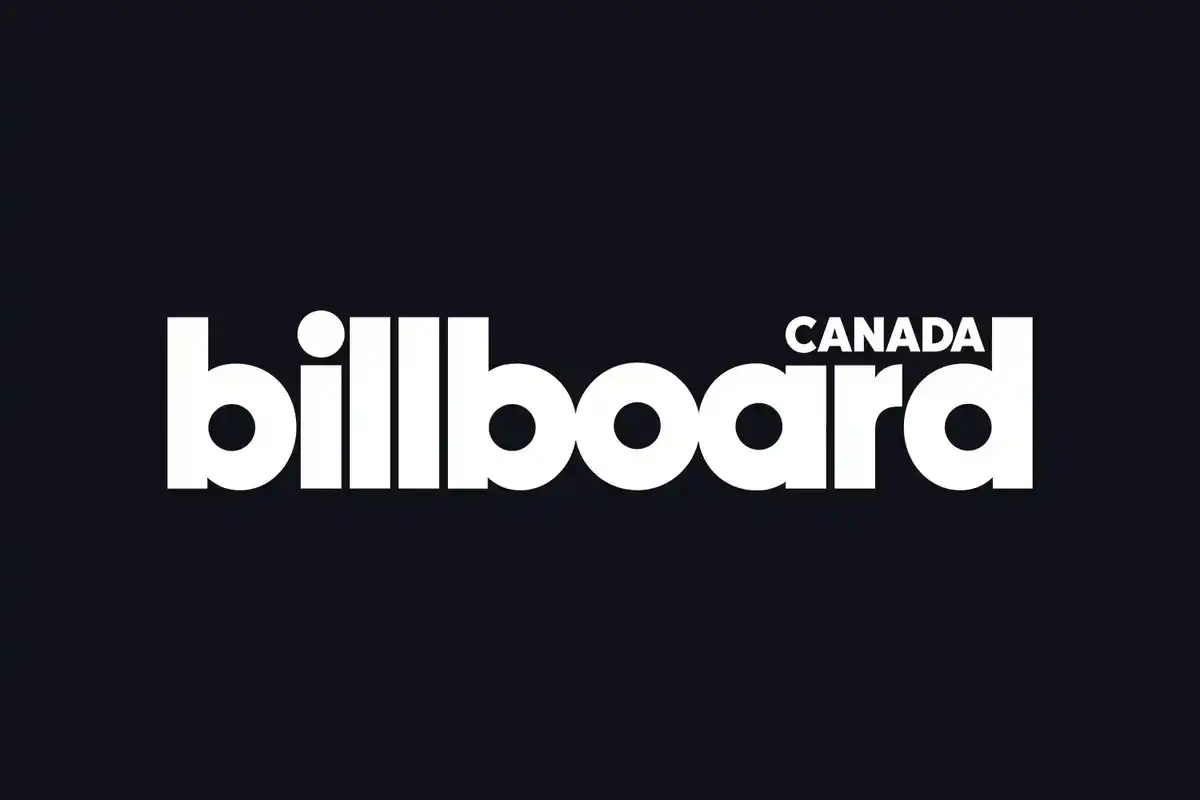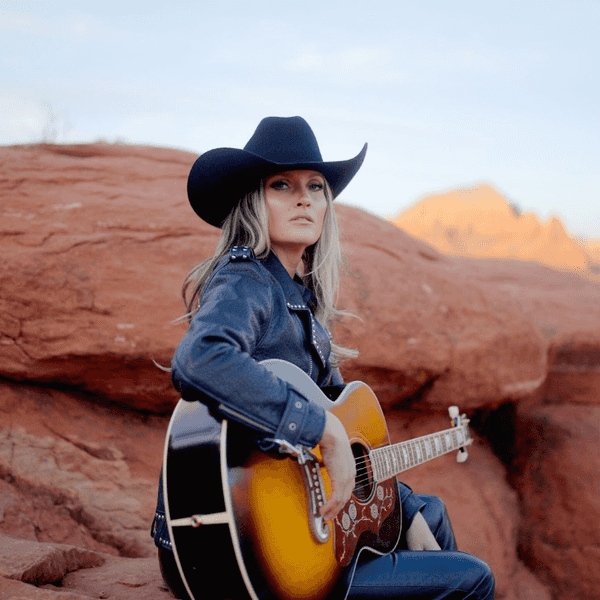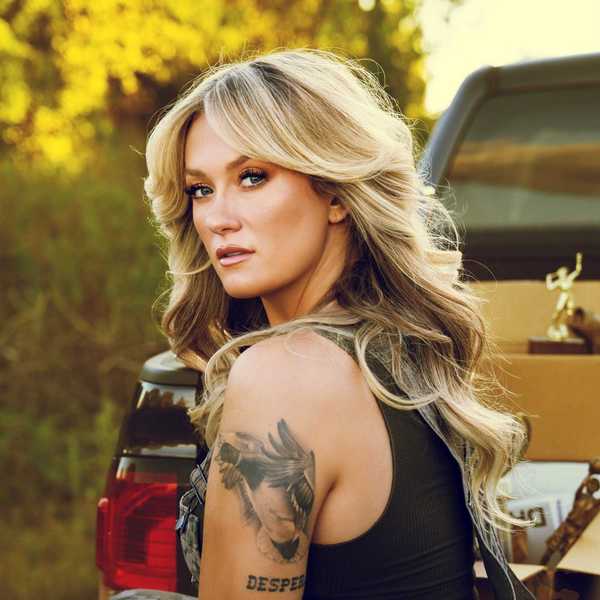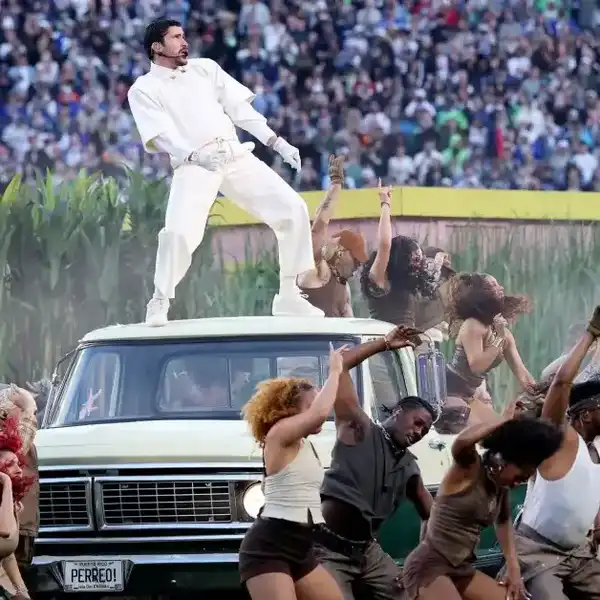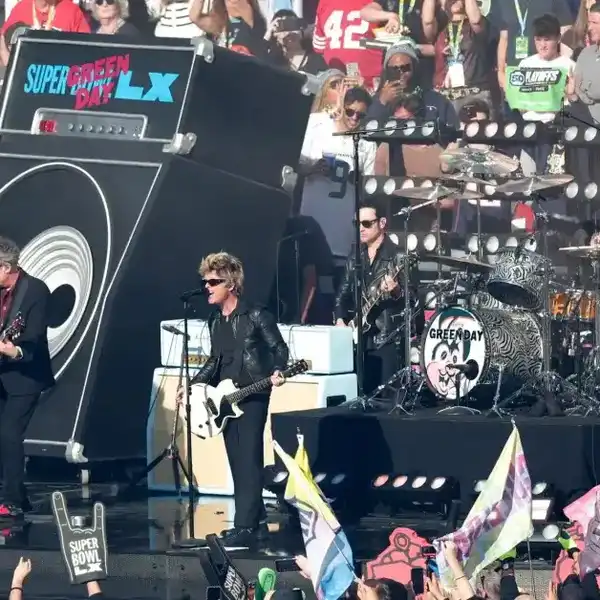One Fan's Plea To NAFTA Negotiators: Throw Canada's Touring Bands A Bone
"Look, I know trade negotiators aren't in the business of ranking the intangibles of life. But wouldn't it be nice if we could consider the plight of our cultural ambassadors alongside our IT guys and hewers of softwood lumber?"

By External Source
It's time for NAFTA negotiators to hum a new tune on bar bands.
I know, I know, I know — there are so many more important things to talk about.
Softwood lumber, automobile parts, yada yada, aluminum, steel — a lawyer could fill volumes with this stuff and everyone else would be in a coma. Because really, trade law.
So let's take a step back and talk about the real glue that's holding Canada and the United States together: our bar bands.
Because let's face it: live music heals. Live music soothes. Live music makes beer taste better, and dance floors look inviting.
But here's the thing. The U.S.-Canada border has become a real problem for Canadian musicians who want to earn an honest living.
One look at a map of Canada explains the financial barriers a lot of Canadian bands already face.
There's just too much country and too few venues to make a living.
But heading south creates its own headaches.
Right now, Canadian bar bands have to apply for a P2 visa in order to enter the States. That takes two things a lot of bar bands lack: planning and money.
One application for a band costs $460 U.S. And if you need it expedited, it'll cost you an extra $1,200, just to have them push your paperwork to the top of the pile.
Pick a dollar amount, Minister Freeland. Any number will do. Because whatever it is, you can bet most bar bands will earn less.
American bands, on the other hand, can just show up at the border with a letter inviting them to perform and away they go, whether the muffler is still hanging onto the Econoline van or not.
Look, I know trade negotiators aren't in the business of ranking the intangibles of life. But wouldn't it be nice if we could consider the plight of our cultural ambassadors alongside our IT guys and hewers of softwood lumber?
Let's throw our bar bands a bone.
Chrystia Freeland, I'm talking to you.
One, take us back to that pre-1996 golden age when musicians could enter the U.S. with a simple J1 visa issued at the border.
Two, take a page from the French. Foreign musicians are allowed to play in France until their earnings reach a certain cap. So pick a dollar amount, Minister Freeland. Any number will do. Because whatever it is, you can bet most bar bands will earn less.
We've had a friendly, mutually-beneficial relationship with the U.S. since 1812 or so, and we love Mexico.
So here's my suggestion, dear NAFTA negotiators:
Find a nice little Austin bar. Break out the tequila and craft beer.
Ship in some bar bands to sing some cool cover songs, like, "If I had a Million Dollars," "Born in the U.S.A" and — of course — "Despacito," the musical manifestation of NAFTA!
And just watch: all those emotional tariff walls we've been erecting will soon come tumbling down.
– Stephen Hunt is a creative writing professor at the University of British Columbia and an associate digital producer with CBC Calgary. The unedited conversation can be heard in a CB podcast here.

